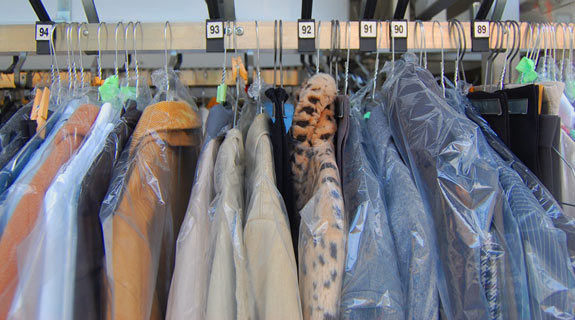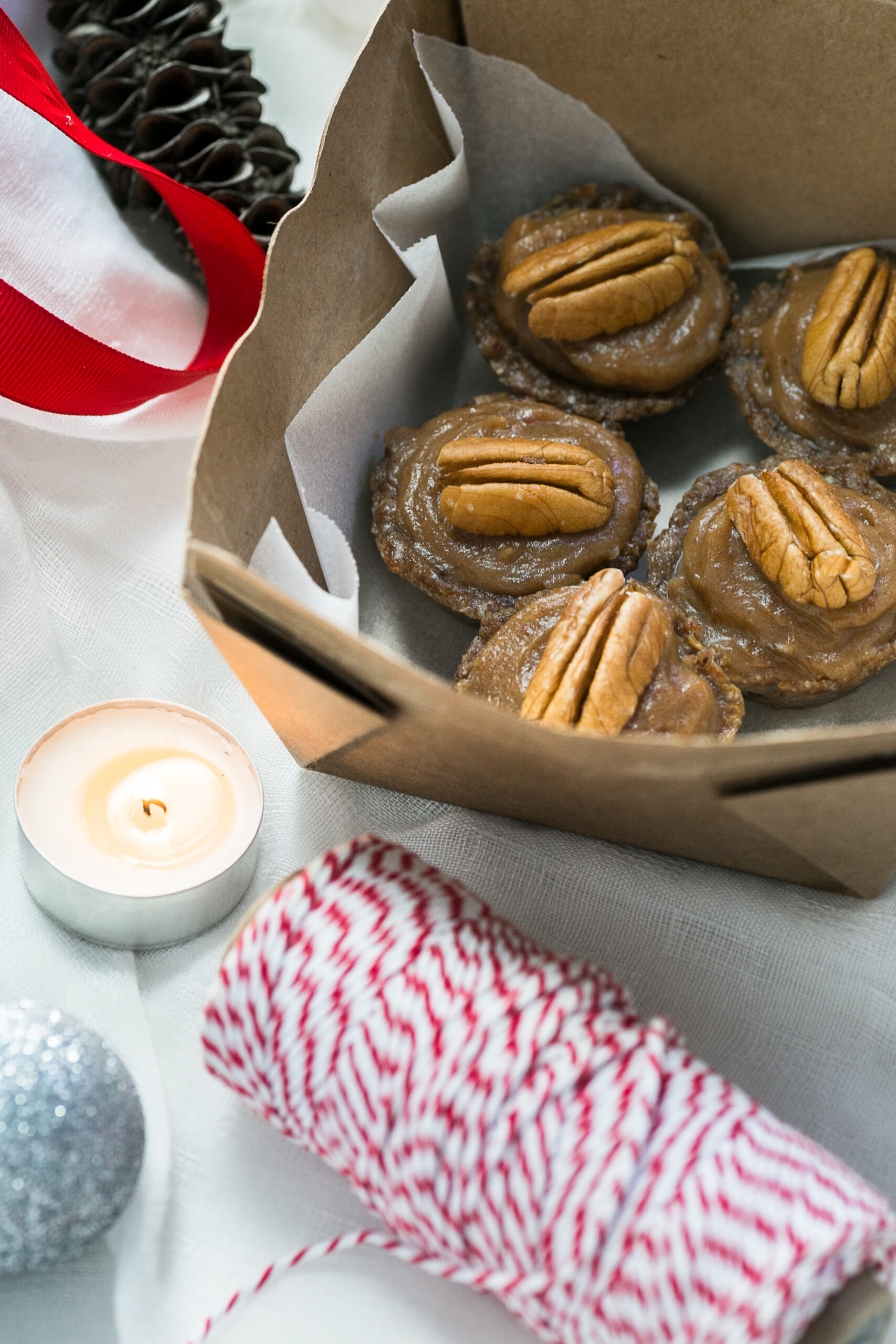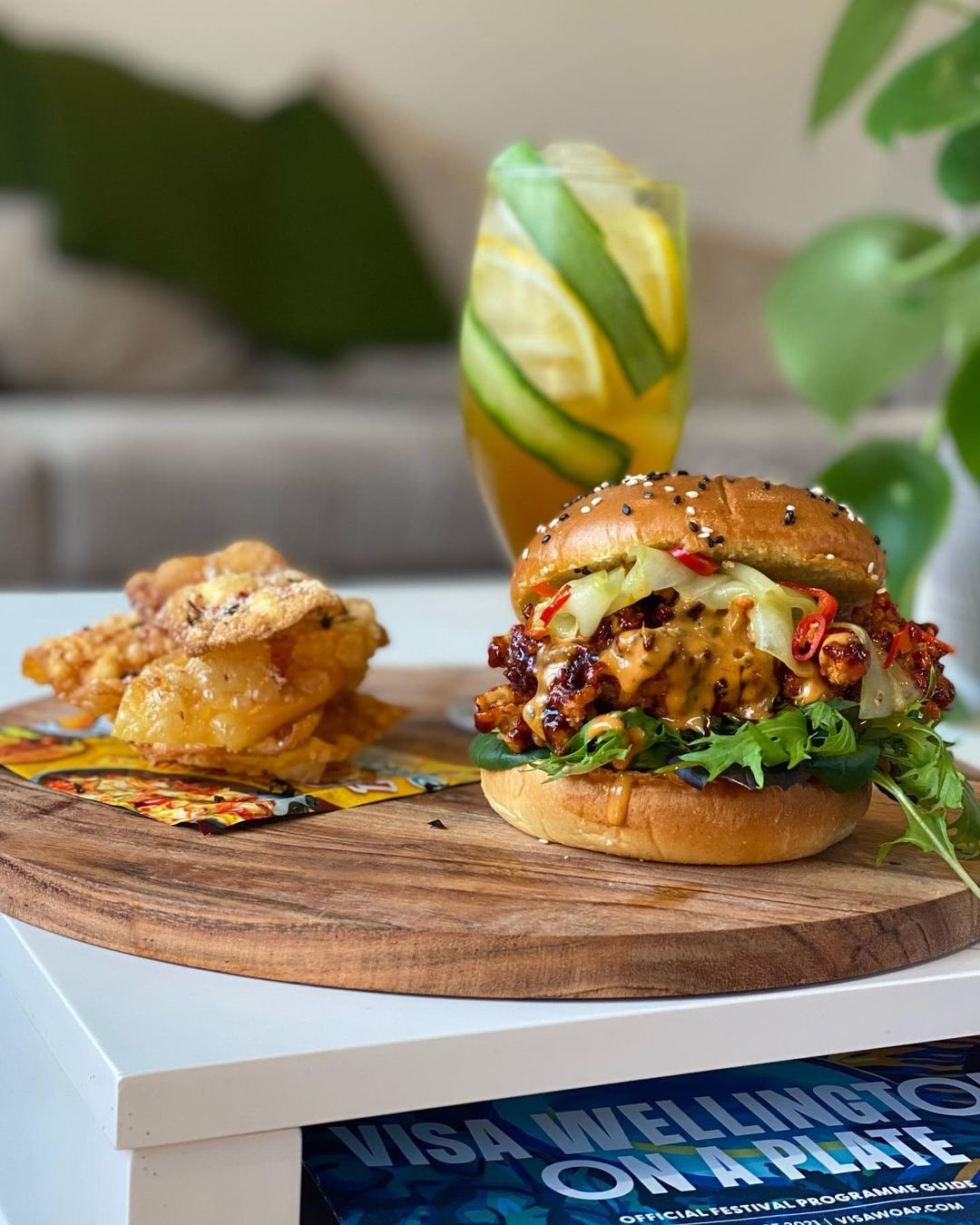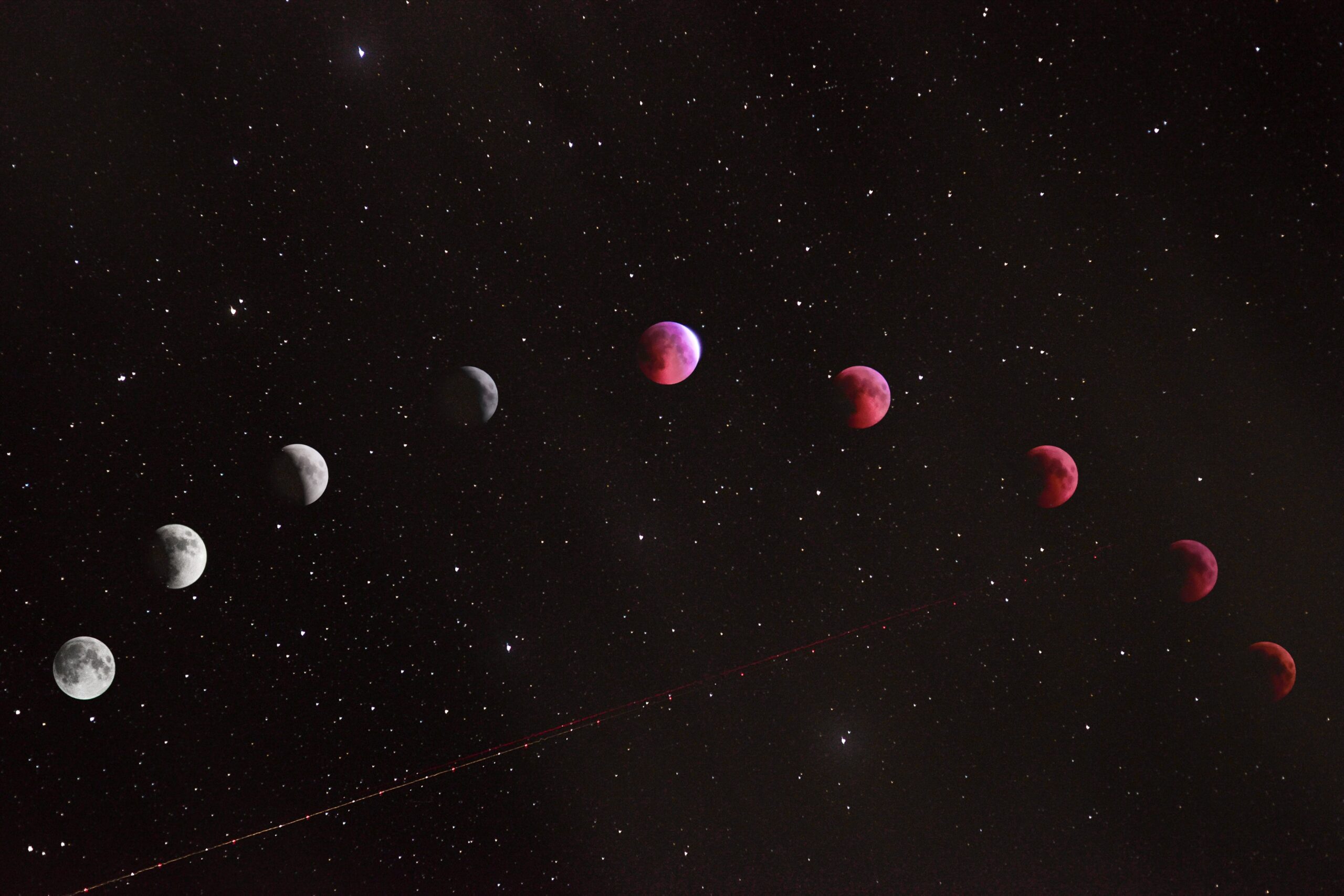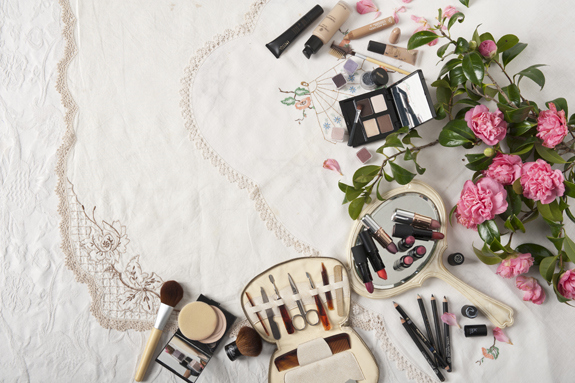The hunt for a cleaner, greener drycleaner
The hunt for a cleaner, greener drycleaner. Plus: What can I do with used coffee grounds?
Photo by außerirdische sind gesund of Flickr
Is there a green alternative to drycleaning in New Zealand?
Drycleaning is a dirty business. Most drycleaners use a liquid solvent called perchloroethylene, or ‘perc’, to lift dirt and odours from garments. Perc is a highly toxic central nervous system depressant that must be disposed of as hazardous waste. There shouldn’t be any traces remaining in your clothes, but if your poor drycleaner inhales too deeply it can cause confusion, nausea, difficulty speaking and walking, unconsciousness and, in big doses, death.
A few New Zealand drycleaners use hydrocarbon solvents or liquid silicon instead of perc. Regal Drycleaners and Blue-N-Green Drycleaners in Auckland, and Mall Drycleaners in Wellington use hydrocarbon solvents. Central Drycleaning in Queenstown and Preens Drycleaners in Dunedin use a silicon process.
These alternatives are less toxic than perc, but they’re not perfect solutions. Hydrocarbon solvents are still volatile organic compounds that irritate skin and eyes. Liquid silicon is biodegradable, gentle on clothes and completely non-toxic for drycleaners, but the silicon extraction process leads to lung disease in miners.
Overseas, some drycleaners are using recycled industrial carbon dioxide as an eco-friendly cleaning solvent. The equipment is expensive, and it’s unlikely we’ll see it in New Zealand anytime soon.
Meanwhile, avoid buying clothes with a ‘dryclean only’ label. For the garments you’ve already got, delay drycleaning as long as possible: treat small stains right away; air clothes outside; use a sticky lint roller (3M do a great one—or wrap packing tape around your fingers); and give clothes a good steam iron at home. And don’t be a slave to the care label; many dryclean-only items can be carefully hand-washed (except silk!) or even put through your machine on a delicate cycle.
When you finally head to the drycleaner, shop around. Phone and ask which solvent is used, and if it’s biodegradable. Do they recycle or reuse hangers? Is the plastic clothing protector recyclable or biodegradable?
What is the best use for coffee grounds?
Used coffee grounds are great in the garden. They are rich in nitrogen, break down quickly, absorb heat from the sun to warm up soil, attract earthworms and improve soil structure. You can add them to your compost bin to kick-start the decomposing process, feed them to your worms, or put them in your Bokashi bin (see page 58).
Alternatively, grounds can be dug directly into soil, sprinkled around plants before watering for a slow-release nitrogen boost, or diluted with water for a fast-acting liquid fertiliser. Coffee grounds are damp and full of nutrients, so they go mouldy quickly—use them fresh if sprinkling into pot plants as instant mulch.
Used grounds can also help to keep away pests. Mix with crushed eggshells and tip around the base of plants; the gritty texture and caffeine will deter snails and slugs. They can even disguise the smell of cat poo in the garden and might encourage your feline friends to ‘go’ elsewhere.
Given their many uses, you might want to ask your local café if they’ll give you their waste coffee grounds, or volunteer to collect the used grounds (and any filters) from the coffee machine at work.
Do you have to clean food residue from containers bound for recycling?
Food residue doesn’t contaminate the recycling process. At some stage in the process, all recycled material is washed, vacuumed or incinerated, which gets rid of all organic residue. Bruce Gledhill, head of Recyclers of New Zealand, says it’s better to keep “mucky stuff” in the recycling loop than send it to landfill. “It’s better that we all participate badly than not at all.”
Even so, washing containers before recycling them is just plain old good manners. Recycling facilities are staffed by people, and Bruce points out that fermented food exposes them to “pathogen counts in the gazbillions, odour readings off the tolerable scale! Let us not mention the ooze”.
Are there any polystyrene recycling centres in Auckland?
You can’t recycle polystyrene at the kerb because it breaks easily in the sorting process, and those little white bits can clog up or break recycling equipment. One piece of polystyrene can contaminate an entire truckload of recycling material.
Some facilities recycle the solid polystyrene used to package appliances and electronics, provided it is clean and sticker-free. In Auckland, there’s Expol (105 Captain Springs Road, Onehunga), Bondor New Zealand (60 O’Rourke Road, Penrose—charges $15 per cubic metre) and Transpacific Recycling (8 Southdown Lane, Penrose—charges $20 for a carload).
Elsewhere, Wellingtonians can take their packaging polystyrene to Poly Palace at Spicer Landfill (Broken Hill Road, Porirua) and there’s a collection cage in Palmerston North (outside Lanwood, 622 Tremaine Avenue). In Christchurch, there’s Transpacific Recycling (49 McAlpine Street, Sockburn—charges $5 per cubic metre).
You could also try mixing polystyrene pieces with the soil in garden tubs. It makes the tub lighter and aids drainage. Avoid buying it where possible; for example, visit a butcher or the meat counter instead of buying pre-wrapped meat on a polystyrene tray.
The problem with putting polystyrene in the rubbish is that it takes up a lot of room in landfills, and will stay there for centuries. It doesn’t biodegrade, but breaks down into smaller and smaller pieces that float on water and are carried easily by wind, so bits of polystyrene end up just about everywhere. The California Coastal Commission says polystyrene is now a principal component of marine debris. Digested by birds, fish and mammals, it has already entered our food chain.


